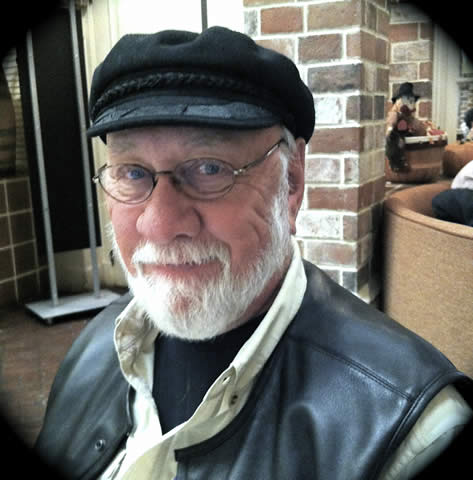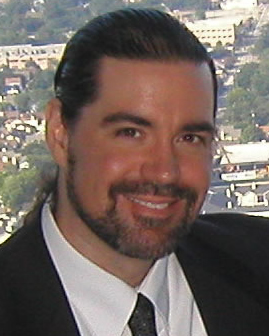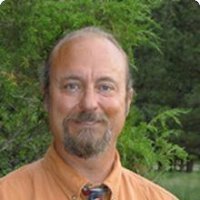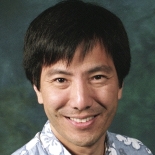|
TOWARD A SCIENCE OF CONSCIOUSNESS The Tucson Conference 2014 - 20th Anniversary APRIl 21-26, 2014 Tucson - University Park Marriott under the direction of the Center for CONSCIOUSNESS STUDIES, University of Arizona 2014 Pre-Conference Workshop Toward a Formal, Standardized Curriculum of Consciousness Studies Presenters: Leslie Allan Combs, Jeffery A. Martin, Nathan Munn, Gino Yu, Chip McAuley, Ed Sarath, Kate Noble Date: Monday morning, April 21, 2014 Session: 9:00 am - 1:00 pm Room: tba
How can you get a course approved, and teach a standardized and well-rounded class in consciousness studies at your institution? In the 20 years of Towards a Science of Consciousness a tremendous amount of progress has been made in the academic study of consciousness. Today, publications, centers, well known theories, and increasingly hard evidence abound. In recent years, the first attempts at comprehensive classes have been made at schools around the world, in departments ranging from psychology to philosophy to transformative studies to sociology to medicine. These classes have typically emerged on their own, as an effort of love, blood, sweat and tears from a single faculty member who chose to risk her or his career to bring the findings of the academic consciousness community to students. The efforts of these pioneers provide us with both an early guide for what works at an institutional and classroom level, as well as important questions regarding what should constitute a core, standardized curriculum of "consciousness studies." For the previous year, the Society of Consciousness Studies has started a formal process of working with all corners of the consciousness community in an effort to start sorting this out. Join us in working to resolve these questions and put yourself on a path that leads to successful introduction of consciousness studies at your institution. This workshop will bring together the perspectives and ideas that are currently being explored, while seeking new ones from attendees. You are invited to join the process and become an active participant in creating this core curriculum, and the institutional processes and strategies that will speed its adoption worldwide. While this may seem simple, there is much to consider, beginning with how to balance theory and practice in consciousness studies coursework. Should it be taught with an emphasis on theory or should it be experiential? Should consciousness studies be taught from the point of view of philosophy or psychology or otherwise? For example, should a course start with David Chalmers and John Searle, or William James and Charles Tart or…? Should it emphasize theoretical constructs, such as Chalmers' notion of consciousness as information and de Quincey's holistic vision of consciousness and matter, or should it stress states of consciousness and types of experience? Should it review the various philosophical approaches to the mind-body problem and, if so, how? Should it include phenomenology? How much neuroscience should be included? For example, should a course in consciousness include considerations of the brain's Default Mode Network, and its role in thought, action, or quiescent states? Mirror neurons? States of consciousness correlated with brain states? Quantum physics? How much history should it include? Should it start out with the Vedas, Plotinus, Brentano, James, or Searle? Should one introduce or stress the recent trend toward enactive views of consciousness, with its systems-theory roots from Varela and Maturana? Should one stress "embodiment"? How about psychedelic and related altered states? Meditation? Parapsychological phenomena? Near death and out of the body experiences? Equally importantly, how does one best advocate for consciousness studies in educational environments that are hostile to the notion? Should consciousness be strictly a graduate level topic, or is it suitable for undergraduates or even high school students (or lower)? Which aspects are suitable for what level? How does one best navigate the delicate juncture between consciousness studies, spirituality, and religion - particularly at mainstream public institutions. All of these topics and many more are central to the formation and adoption of the initial core curriculum. This workshop will assemble educators and administrators from the vanguard who are already navigating these waters, but the key to the success of this endeavor is the wider consciousness studies community. YOU! Please join us and let's get this out there
Leslie Allan Combs Jeffery A. Martin Nathan Munn Gino Yu
Chip McAuley Kate Noble Ed Sarath
Leslie Allan Combs, PhD., is Doshi Professor of Consciousness Studies and Director of The Center for Consciousness Studies at the California Institute of Integral Studies. He is Professor Emeritus at the University of North Carolina-Asheville. Professor Combs is a co-founder of The Society for Chaos Theory in Psychology and the Life Sciences, and co-editor of the Journal of Conscious Evolution and Dynamical Psychology. Allan was the winner of the 2002-2003 National Teaching Award of the Association of Graduate Liberal Studies Programs. Many of his publications can be accessed at http://ciis.academia.edu/AllanCombs Allan Combs books include:*
Jeffery A. Martin, PhD, author and researcher is a leading expert on non-symbolic consciousness and experience (enlightenment, nonduality, persistent mystical experience, union with God/nature, etc.). He has taught consciousness related courses and lectured widely on consciousness related topics at universities in the U.S., Europe, and Asia both in person and online. A bestselling author and award winning educator, Jeffery has co-edited, authored, or co-authored over 20 books and numerous other publications; appeared in a wide variety of media; and spoken broadly in both academic and public forums. He is currently the director of the Center for the Study of Non-Symbolic Consciousness (www.nonsymbolic.org), the leading academic research, coordination, and support center on non-symbolic consciousness and experience.
Nathan Munn, M.D. Professor of Psychology and Consciousness studies Nathan A. Munn, M.D., is a tenured professor of Psychology and Consciousness Studies at Helena College University of Montana. For the past seven years he has taught Introduction to Consciousness Studies, a course he designed and is transferable within the Montana University System. His experience included being the Department Chair for General Education where he presided over the development of several academic programs. He created a degree in Mental Health Direct Care, training students to care for the mentally ill. He has lectured widely on consciousness and neuroscience. Current research interests include recovery from mental illness and suicide prevention from an Existential Neuroscience theory.
Debashish Banerji, PhD
Gino Yu, PhD
Chip McAuley, PhD
Kate Noble, PhD Ed Sarath, PhD
|
|
|||||||||||||






